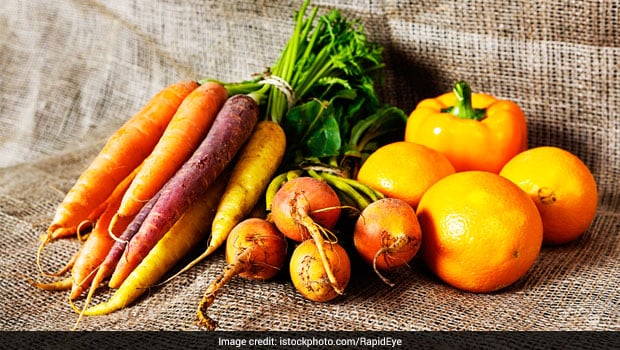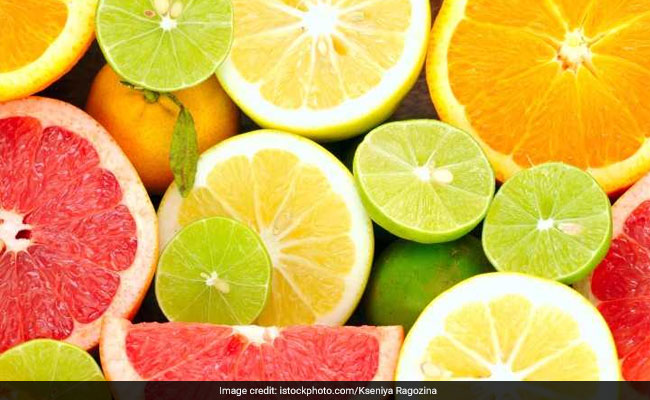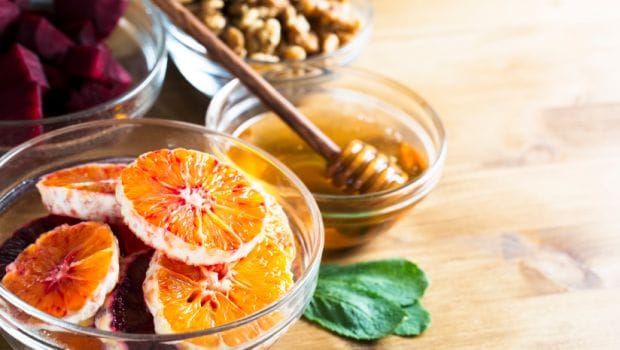Beta Carotene: Not Exactly a Nutrient but an Essential Compound for Your Overall Health

Beta carotene, one of the nutritional organic compounds clubbed under the umbrella of vitamin A, is essential for maintaining healthy vision, radiant skin and a rock-solid immunity. It is crucial for bone growth as well as tissue and skin repair. Beta carotene is also characterized as an antioxidant vital for proper functioning of the immune system. Regular consumption helps in protecting cells against damage. Beta carotene is essentially a carotenoid – pigments found in plant sources, responsible for their rich red-orange and deep green hue. It isn’t actually a nutrient but a compound which is used by our body to create vitamin A. Since beta carotene is recognized as an antioxidant – compounds that are capable of repairing cell damage and warding off cell-damaging free radicals – its regular consumption has also been linked to cancer prevention.
Beta carotene and health
Some of the previously conducted studies have linked beta carotene consumption to reduced cognitive decline. Beta carotene along with vitamin K and folate has been known to enhance brain power, notes an online report published on Harvard’s health portal.
“Carotenes – that include alpha-, beta-, and delta-carotene – are sources of vitamin A. These have anti-cancer and heart protective properties and protect mucous membranes of the body,” as mentioned in Dorling Kindersley’s book Healing Foods.

Load up on citrus foods
Beta carotene and vitamin A
The significance of vitamin A for healthy functioning of the body is undeniable. The nutrient is not produced by the body but derived from dietary sources. “About 8% of the beta-carotene in the diet is converted to vitamin A in the body. Try to get much of the extra vitamin A you need from the beta-carotene in yellow-orange vegetables and fruits (carrots, tomatoes, cantaloupe) and in deep-green vegetables such as spinach,” notes another online report published on Harvard’s health portal.
How to add beta carotene to your diet?
“Beta carotene is one of the most important sources of vitamin A, also because the rate of its conversion to vitamin A by our body is highly efficient. It is extremely essential for vegetarians as there is no other source of plant-based vitamin A, meat eaters may still get their dose of vitamin A from other sources. To sum it up, beta carotene is good in all roles that antioxidants are conventionally known for,” shared Dr. Rupali Datta, Consultant Nutritionist, Fortis Escorts, New Delhi.

Orange is a good source
Still wondering how to add beta-carotene to your diet? It can’t get simpler than this. Look around and load up all fruits and veggies that are yellow, orange or deep green in colour. These would certainly include oranges, cantaloupes and other citrus items; greens, peppers, carrots, mangoes, apricots and more.
[“source=food.ndtv”]